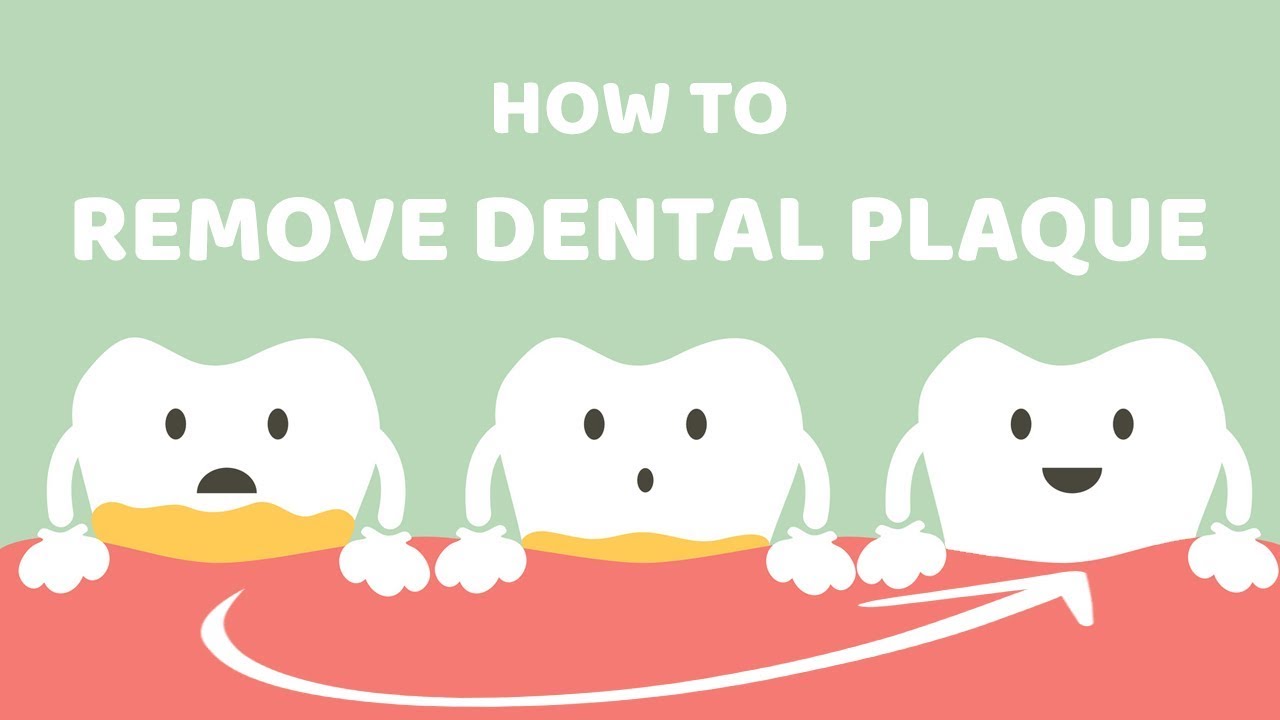What is Dental Plaque?
Dental Plaque is a mass of bacteria that resembles a sticky colorless film and grows on the teeth. It can harden into tartar if the teeth are not cleaned properly. Dental Plaque is found to be one of the major causes of gum diseases and cavities.
Every person has plaque in his or her mouths but if the plaque is left to proliferate causing a build up of the plaque, this can lead to tooth decay. The bacteria constantly grow in the mouth using the ingredients found in our diet and saliva. The foods that contain sugar and starch are found to help the bacteria to grow.

The acid from the plaque can form cavities in our teeth. The tooth’s enamel is eroded by the effect of the acidic reaction, leading to tooth decay. If these acids are not cleaned off, they can penetrate through the dentin to the pulp of the tooth.
Dental Plaque, if not treated, can lead to more serious issues like the development of abscess and bacterial infection. Plaque when not removed can form hard substance known as tartar around the gum and cause irritation leading to puffy, red bleeding gums. Tartar can form even when the teeth are not brushed in a day. Plaque is not easily visible to the naked eye whereas tartar produces stain on teeth. Tartar not only affects the appearance, it can irritate gums.
It can also lead to other periodontal diseases and tooth loss. The diseases of the gums can affect the tissues that hold on the tooth to the gum and can eventually lead to tooth loss. This condition is known as gingivitis.
Dental Plaque Prevention
As the saying goes, prevention is always better than cure. Keeping this in mind, there are a few simple steps needs to be followed to prevent plaque formation and they should be done regularly.
- Brush your teeth thoroughly at least twice a day. If possible brush after every meal. The teeth should be brushed the in the proper way and the brush has to be replaced periodically.
- Flossing should be done daily since brushing cannot reach certain areas of the teeth. Floss in between the tooth and along the gum line.
- Certain foods that are sugary and acidic in nature need to be avoided since the ingredients from these foods provide good growing conditions for bacteria.
- Stimulate the saliva glands as much as possible since saliva has the property to rinse off bacteria. The action of rinsing your mouth after every meal can increase the amount of saliva in the mouth
thus helping to avoid plaque on the long run.
- Always schedule regular dental visits and perform dental cleaning periodically in order to prevent
any plaque from developing.
Detection of Dental Plaque Formation
There are different methods to detect dental plaque. A patient can self examine for plaque by using a product that dyes the plaque in the teeth, which will show the extent of brushing and flossing. Products like disclosing tablets, disclosing solutions or disclosing swabs are usually used to detect the plaque. The mouth is then rinsed with water. Some parts of your teeth and some times even parts of the gum might be stained.
A dental mirror can be used to determine those teeth, which are stained at the back. Disclosing products do not cause any discomfort and sometimes they are flavored to make them pleasant tasting. Self-examination helps us to determine whether we are taking good care of our teeth and mouth.
Authored By Dr Sanjay N - Orthodontics & Dentofacial Orthopaedics, Bangalore









